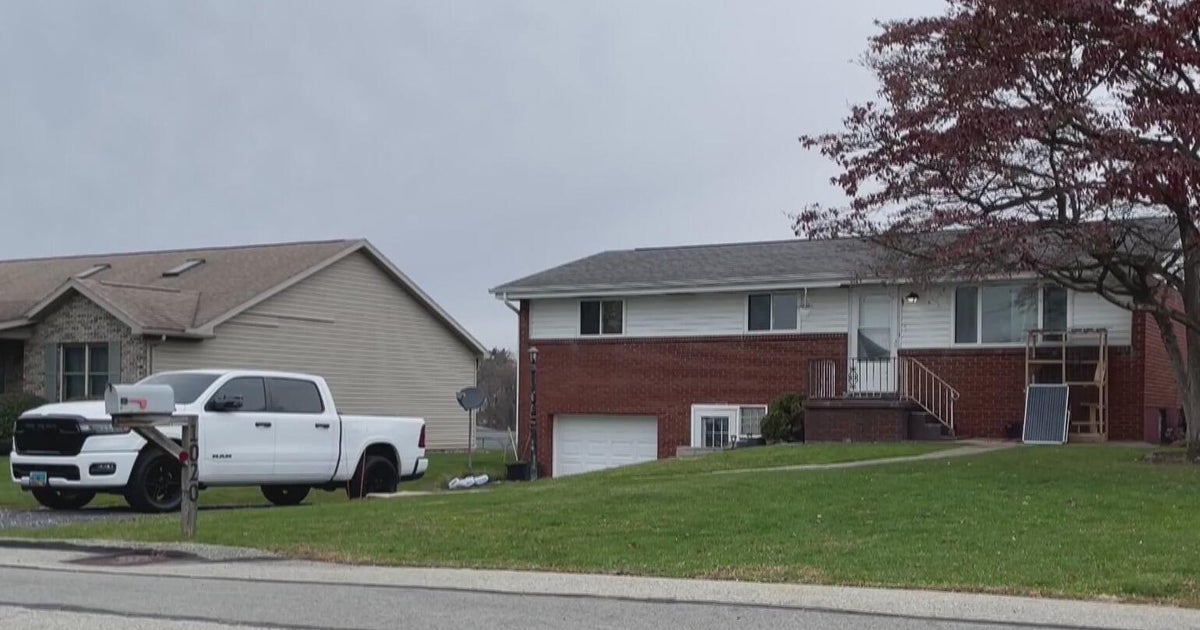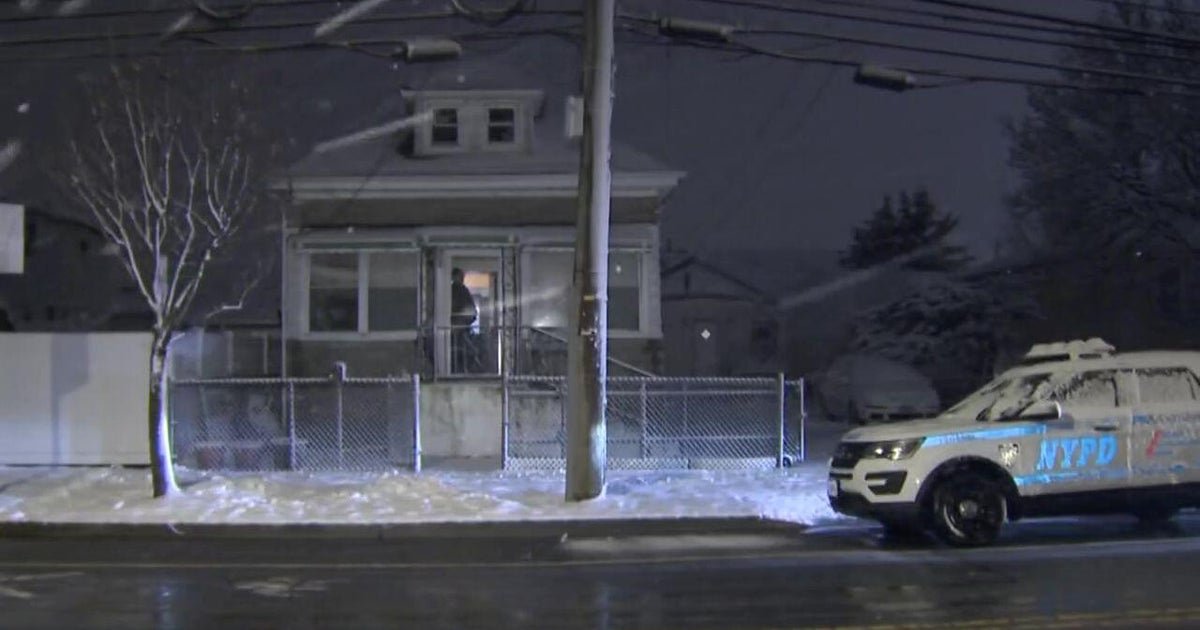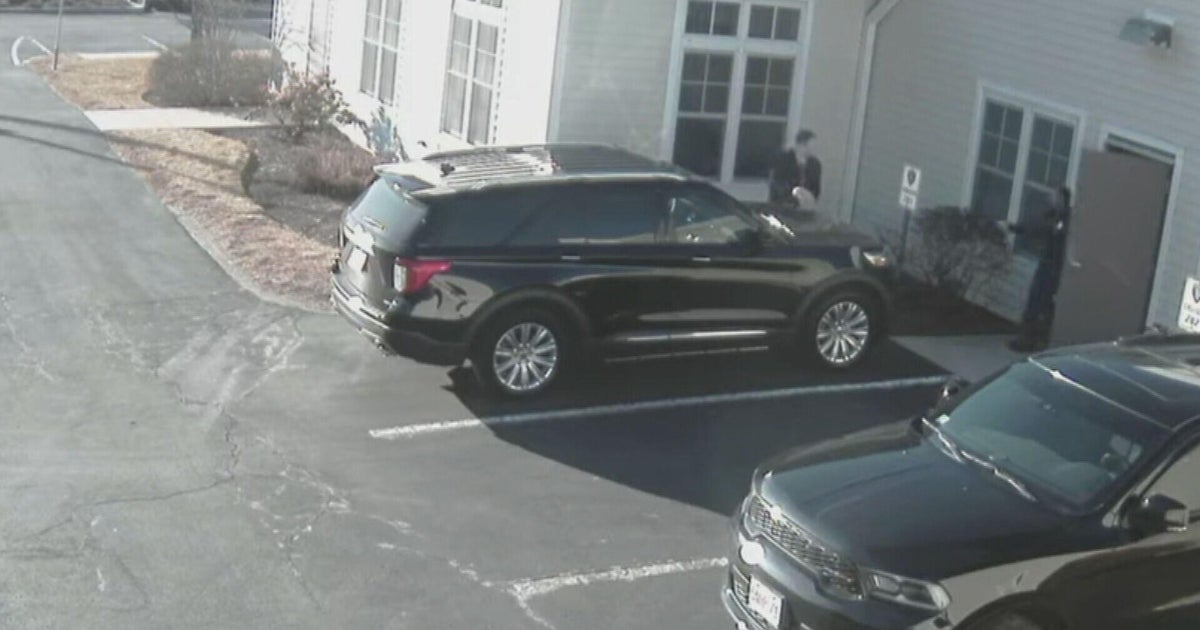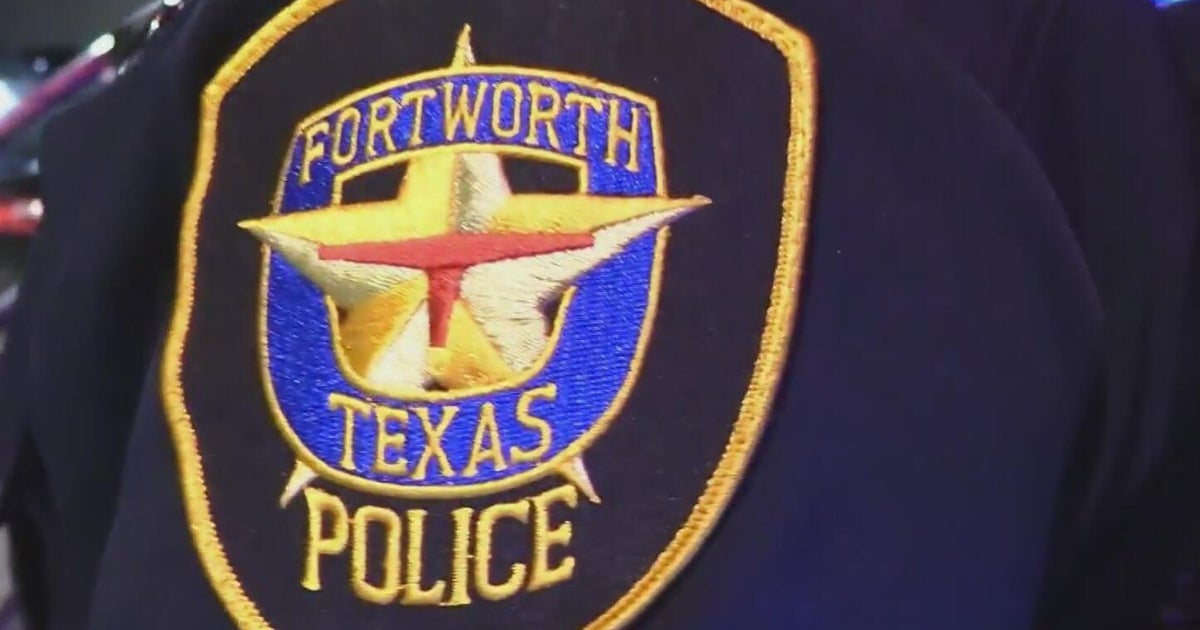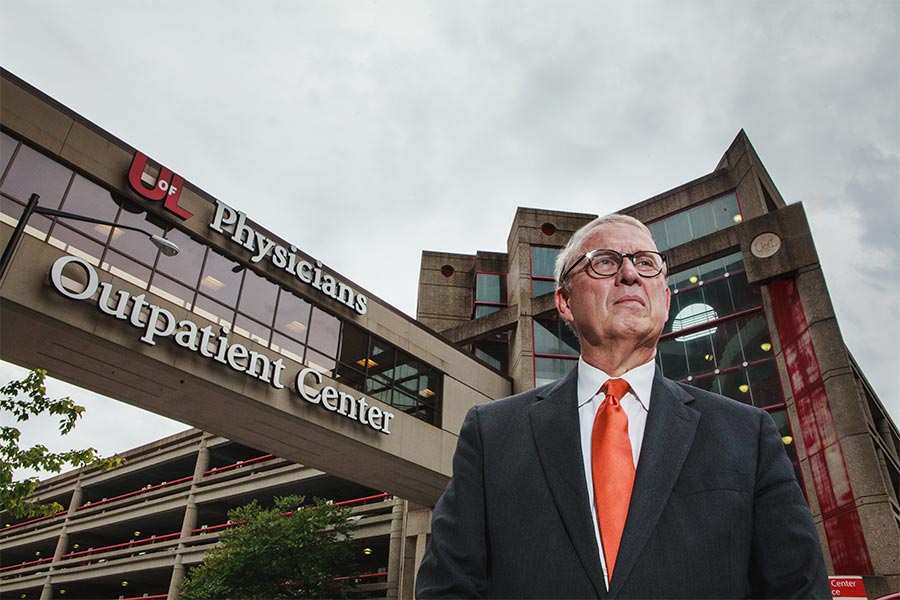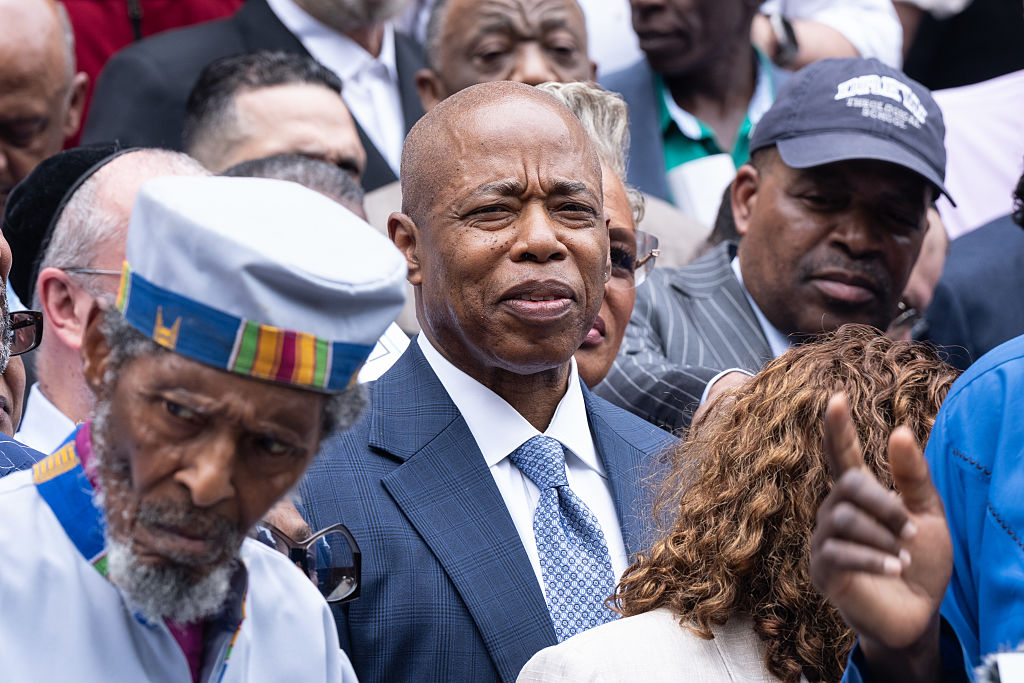NYPD commissioner on firing Daniel Pantaleo: "I've had 5 years to think about this"
In an exclusive interview with "CBS This Morning," New York City Police Commissioner James O'Neill opened up about the "difficult" decision to fire the officer who put Eric Garner in a deadly chokehold in 2014. NYPD Officer Daniel Pantaleo lost his job five years after he wrestled Garner to the ground after officers said he resisted arrest for selling loose cigarettes.
The Staten Island district attorney and the U.S. Department of Justice both decided to not charge Pantaleo with a crime. The city paid his family a $5.9 million settlement in 2015.
Pantaleo is suing to get his job back, and the Police Benevolent Association has called for a vote of no confidence against O'Neill. But O'Neill said he still has confidence in New York City's police force, and that he has to make choices "that are good for the whole city, not just for the police department."
On the "difficult" decision to fire Daniel Pantaleo
Responding to criticism from the police union, which said the commissioner "has chosen politics and his own self-interest over the police officers he claims to lead," O'Neill said "I've had five years to think about this."
"I was chief of patrol when this happened," he said. "I became the chief of the department in November of 2014. I was there every day for the protests. I was at Woodhull Hospital when Joe Liu and Rafael Ramos were murdered," he said, referring to the 2014 ambush of two officers in their squad car. "I have been thinking about this for five years, and I know every possible outcome — and I also know how people would feel, whatever decision I made."
"This is part of the job. I knew this going in," he later added. "I knew from Day One as police commissioner that slowly, but surely, my reputation would be chipped away at. I understand that. I have to make decisions that are good for the whole city, not just for the police department."
He acknowledged, however, that the decision was a "difficult" one. "I was a uniformed cop for 34 years," he said. "Danny Pantaleo was right where we told him to be. The lieutenant sent him there. It was difficult, but it was based on the work, the trial, the evidence, the testimony that Deputy Commissioner Rosemarie Maldonado put forth … after I looked at all the evidence, that was the decision that I made, and that was the one that I thought had to be made."
O'Neill also denied that New York City Mayor Bill de Blasio influenced his decision. De Blasio spoke in support of the Garner family in July.
"This is my decision," O'Neill said. "I do have a boss, but I get final say on disciplinary matters."
On criticism from the police union: "My job is to protect everybody in the city"
"The [Patrolmen's Benevolent Association] has been very vocal in their criticism of me, which is fine," he said of the police union. "My skin was very thin when I started this job 3 years ago; it's not so thin anymore. This is what [PBA President Patrick Lynch] does — he thinks this is the proper way to represent his membership. But my job is to protect everybody in the city."
O'Neill added that while he respects Lynch's right to criticize his decision, "he also has to be careful that he doesn't destroy confidence" in the NYPD.
"Look where we are in this city right now," he said. "Look at 25 years ago and look at where we are now — we got that way because of the sacrifice of the men and women of this great police department."
On the NYPD's training protocols
When asked if better training for the NYPD could have prevented Garner's death, O'Neill said he didn't see fault in the training program.
"This situation was matter of 9 seconds, 10 seconds," he said. "This is where my experience as a uniformed cop comes in. I've had to handcuff — it's a very difficult thing to try to do, to try to handcuff someone that's not complying. It happened quickly, but it happened."
"Every time I look at that video — and I've seen it, not hundreds, probably thousands of times — as soon as it starts, I say, 'Mr. Garner, don't. Don't do it. Don't. Comply,'" he said. "And when Officer Pantaleo goes to lock him up, 'Don't do it.'"
On disciplining other officers present during Garner's arrest: "This is where it ends"
O'Neill said that no additional action would be taken against the other officers who were present at the time of Garner's arrest.
"Internal affairs took a look at it. They looked at everybody's actions, they interviewed dozens of police officers, they interviewed dozens of civilian witnesses," he said. "There is no disciplinary action taken against [anyone] except against Sergeant Adonis." The department has negotiated a settlement with Adonis, who was on the scene when Garner died, O'Neill said. But when it comes to disciplinary action for the other officers, "This is where it ends."
O'Neill added that Pantaleo's firing was not intended to send a message to other officers.
"I'm not sending a message. Our job is to keep everybody in this city safe. My job is to keep all 8.6 million New Yorkers safe. My job is to keep all 36,000 cops safe," he said. "The message is that there's accountability in the NYPD. That's what the message is."
